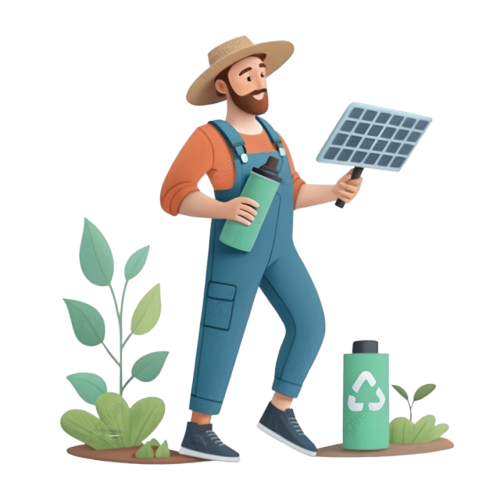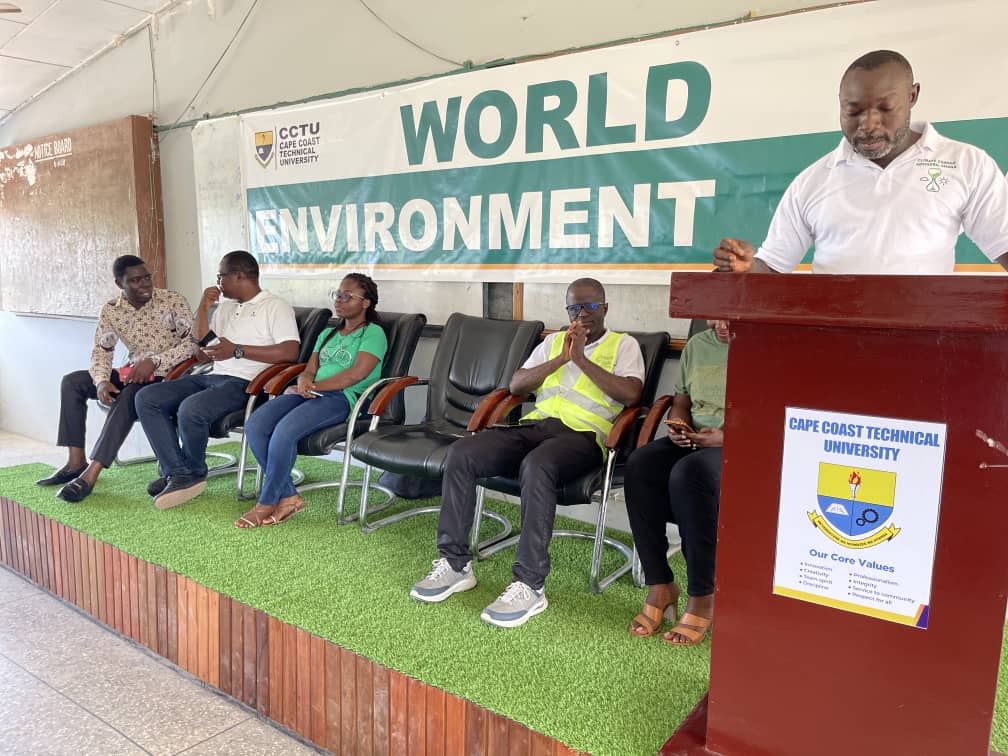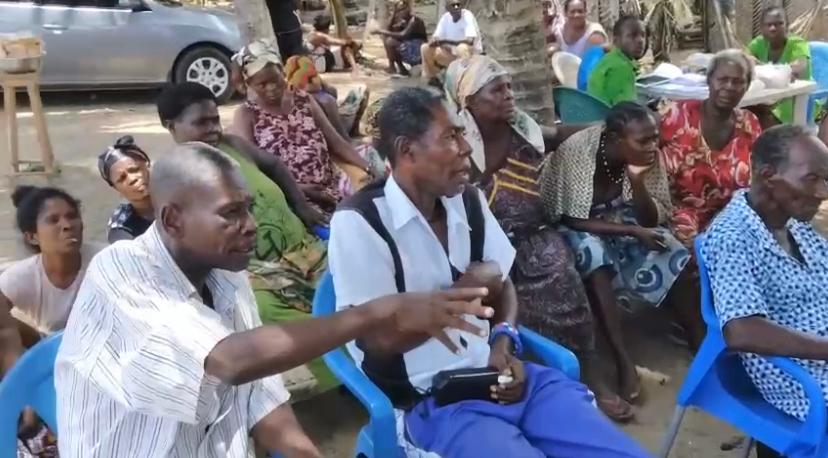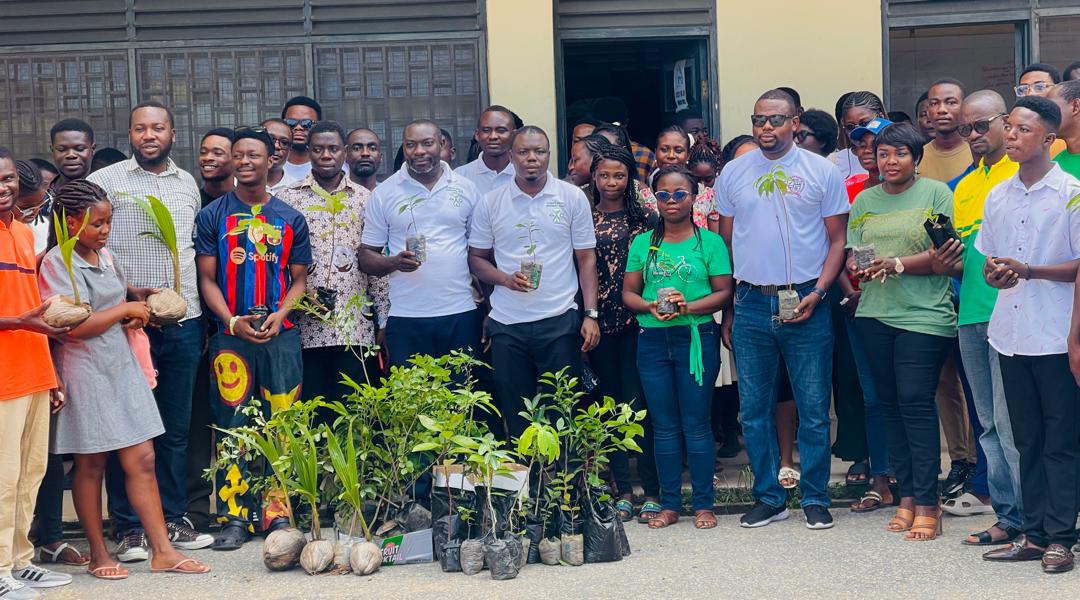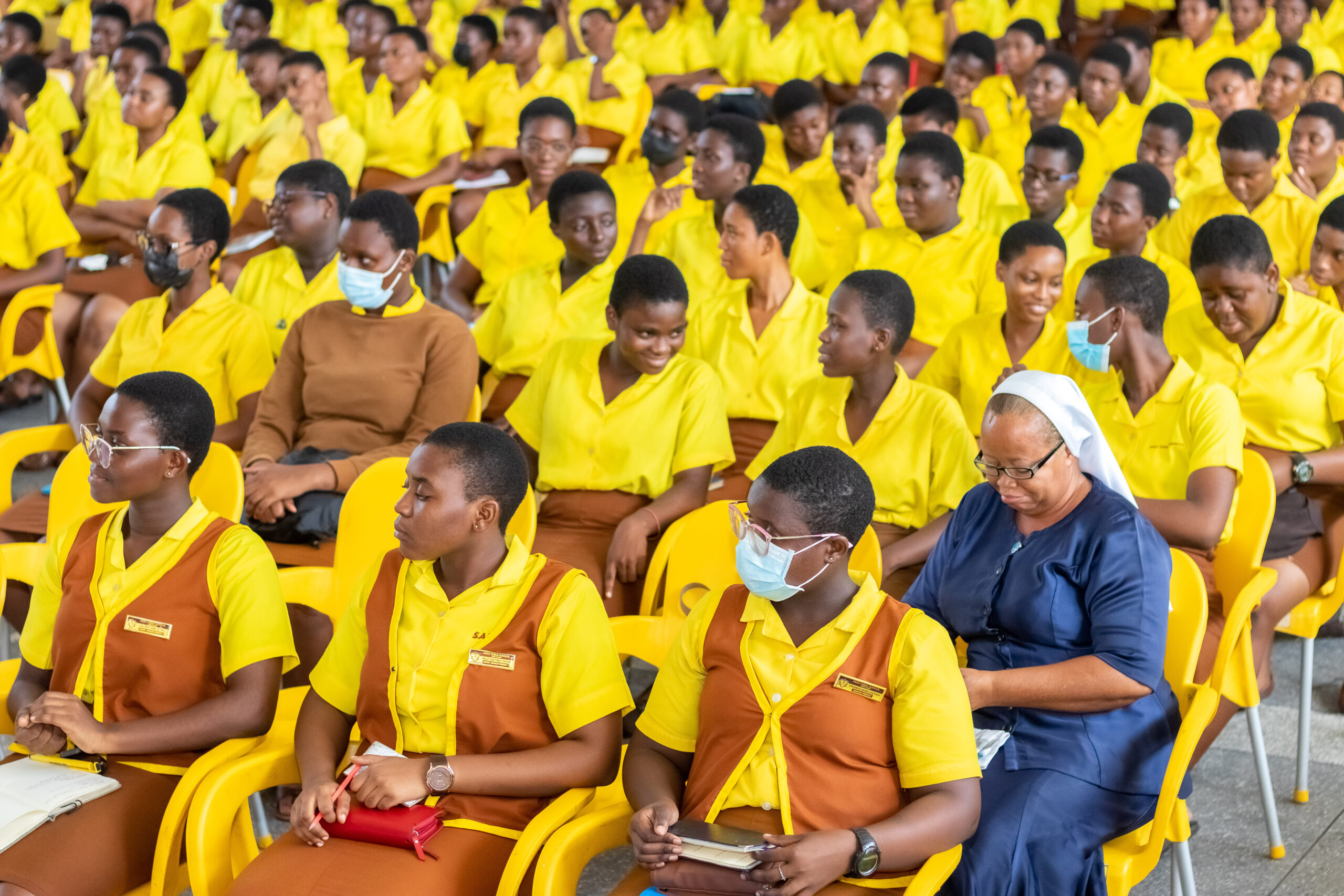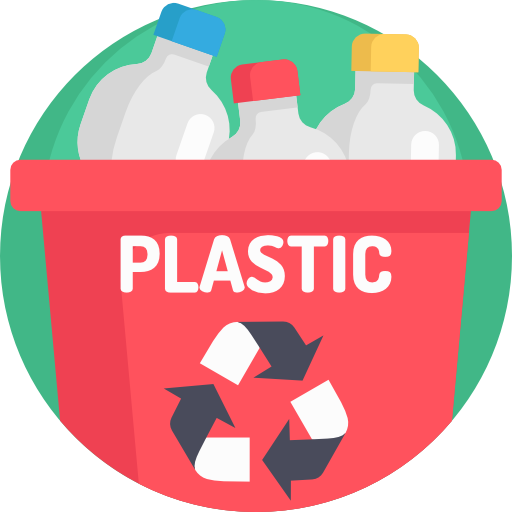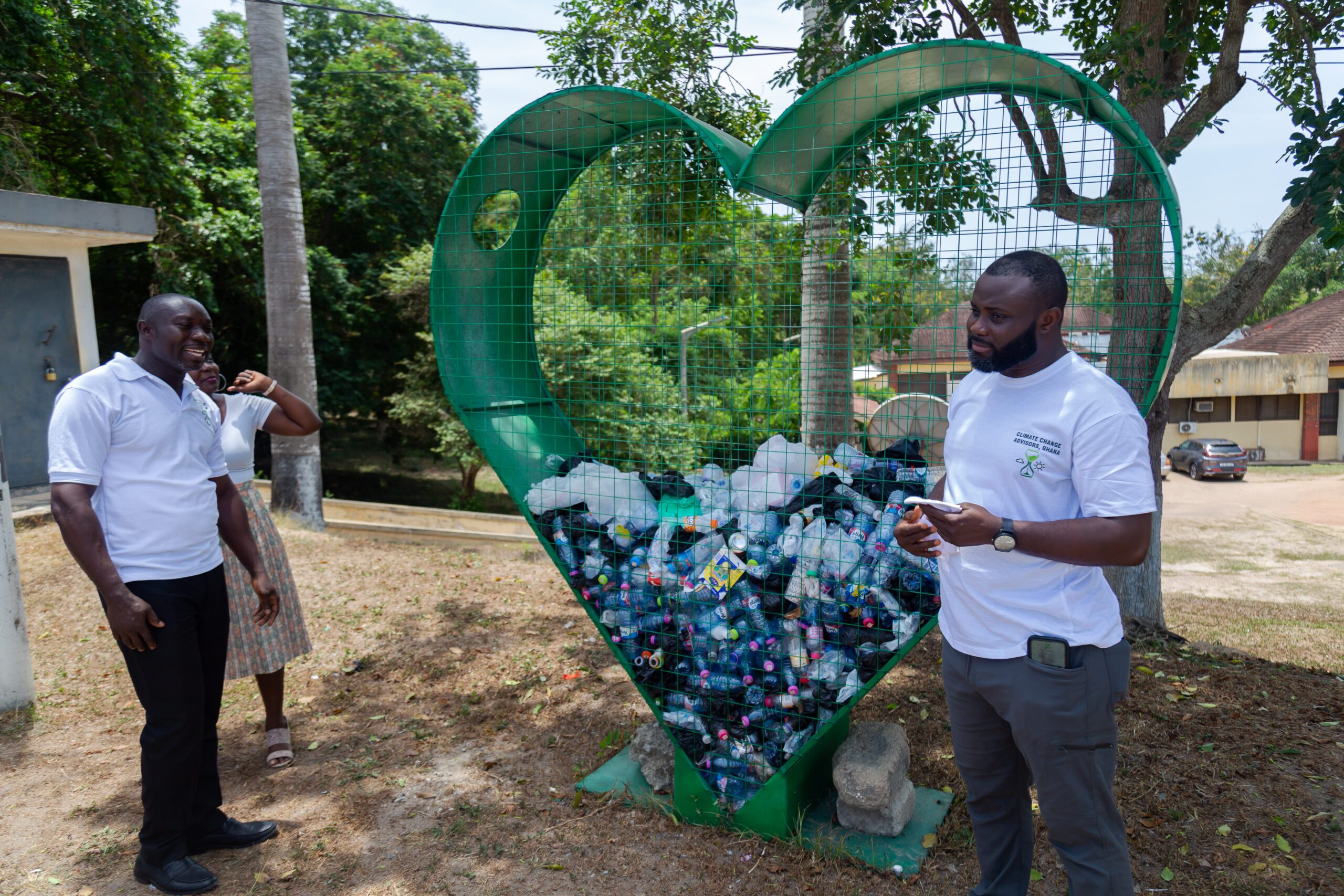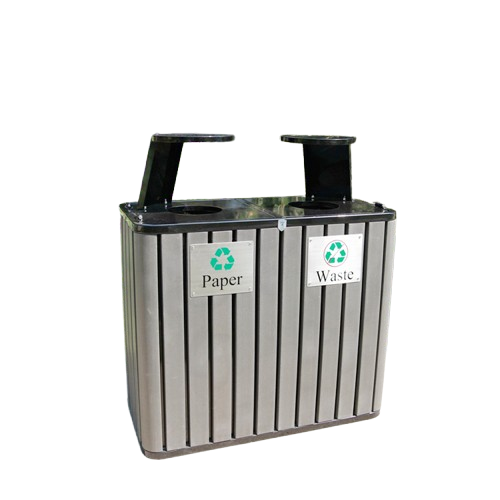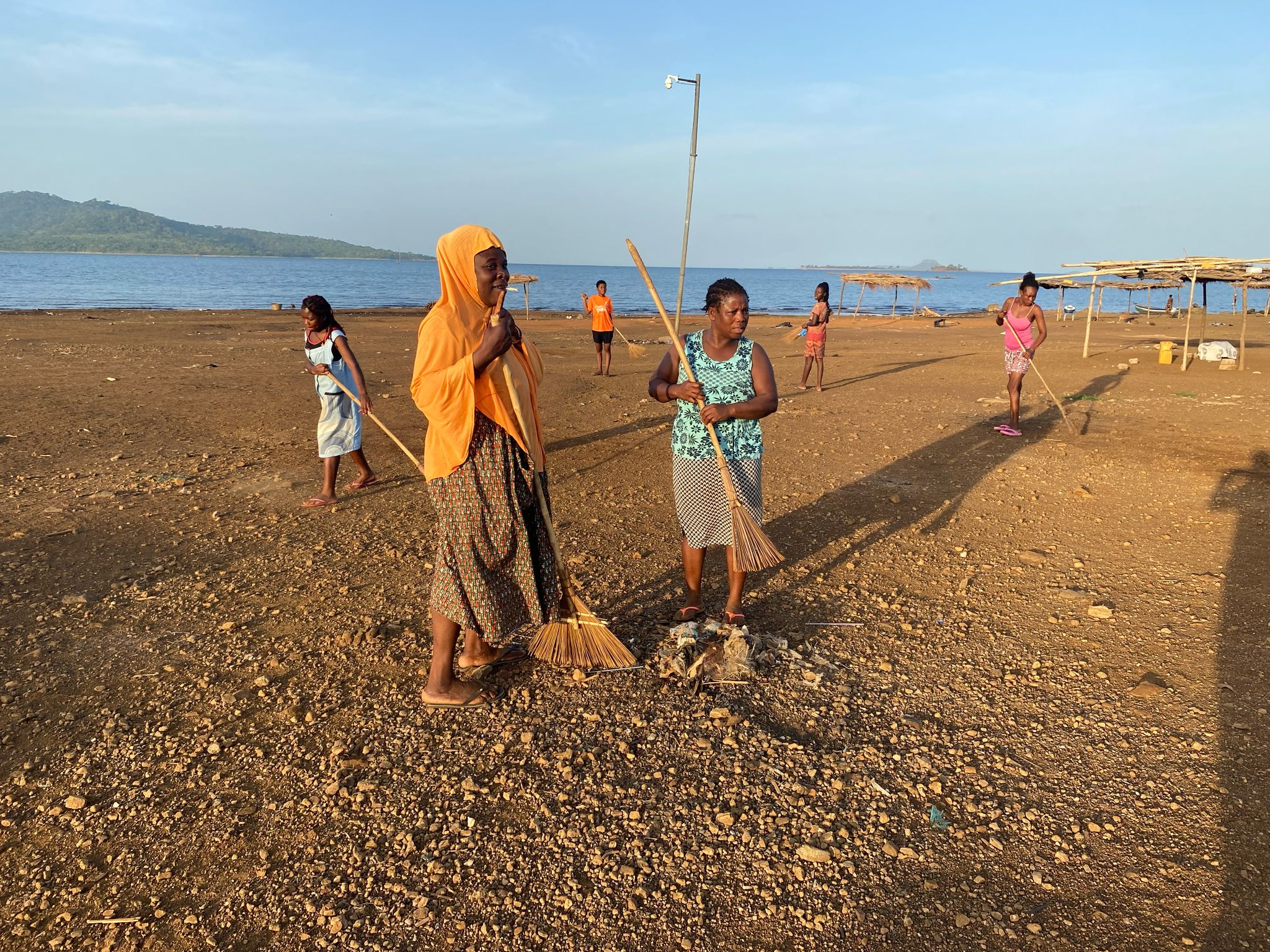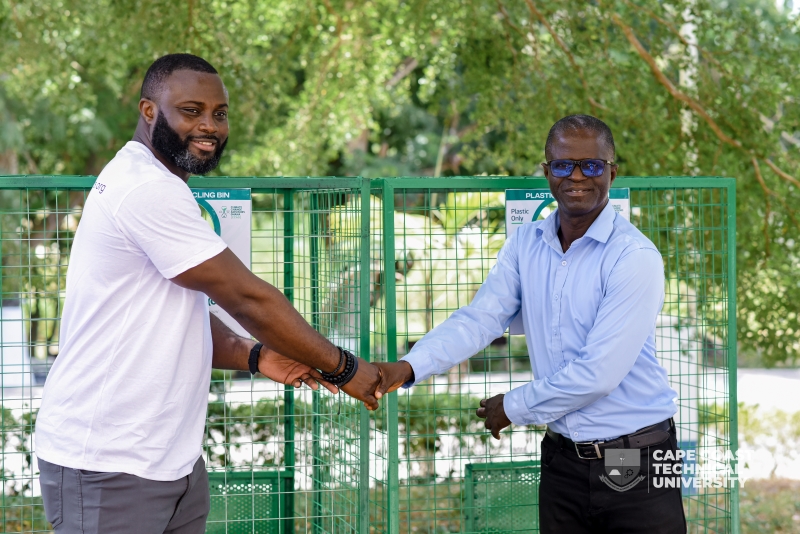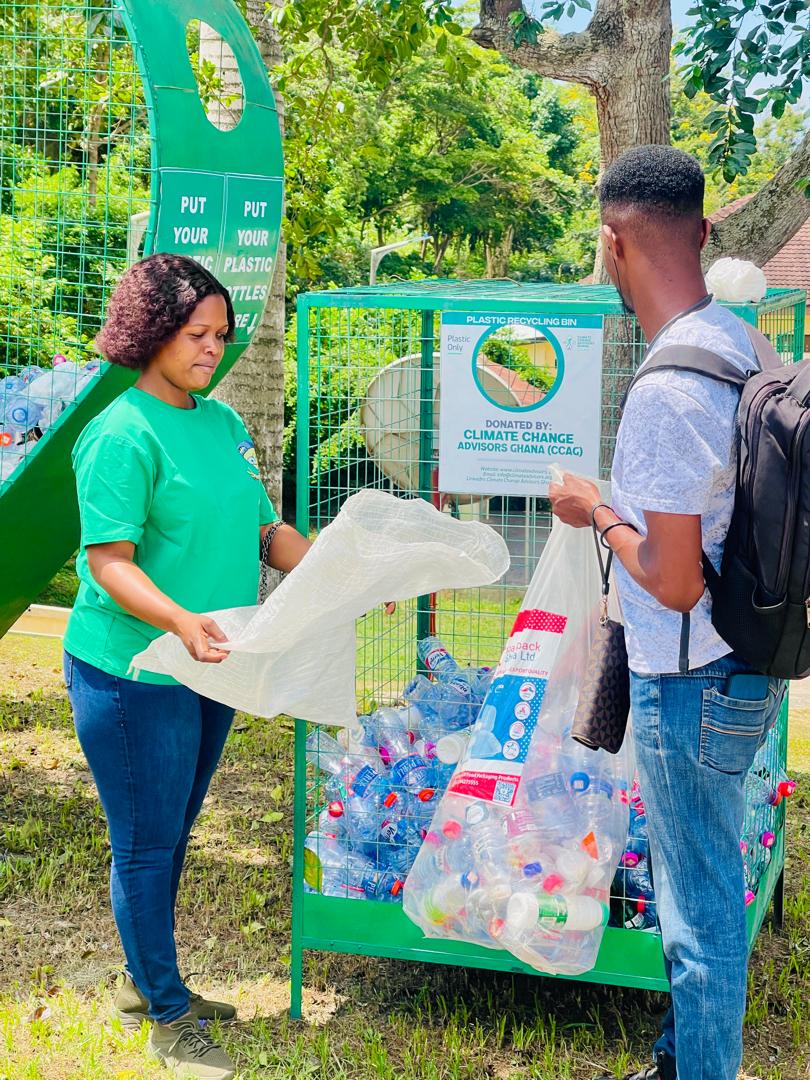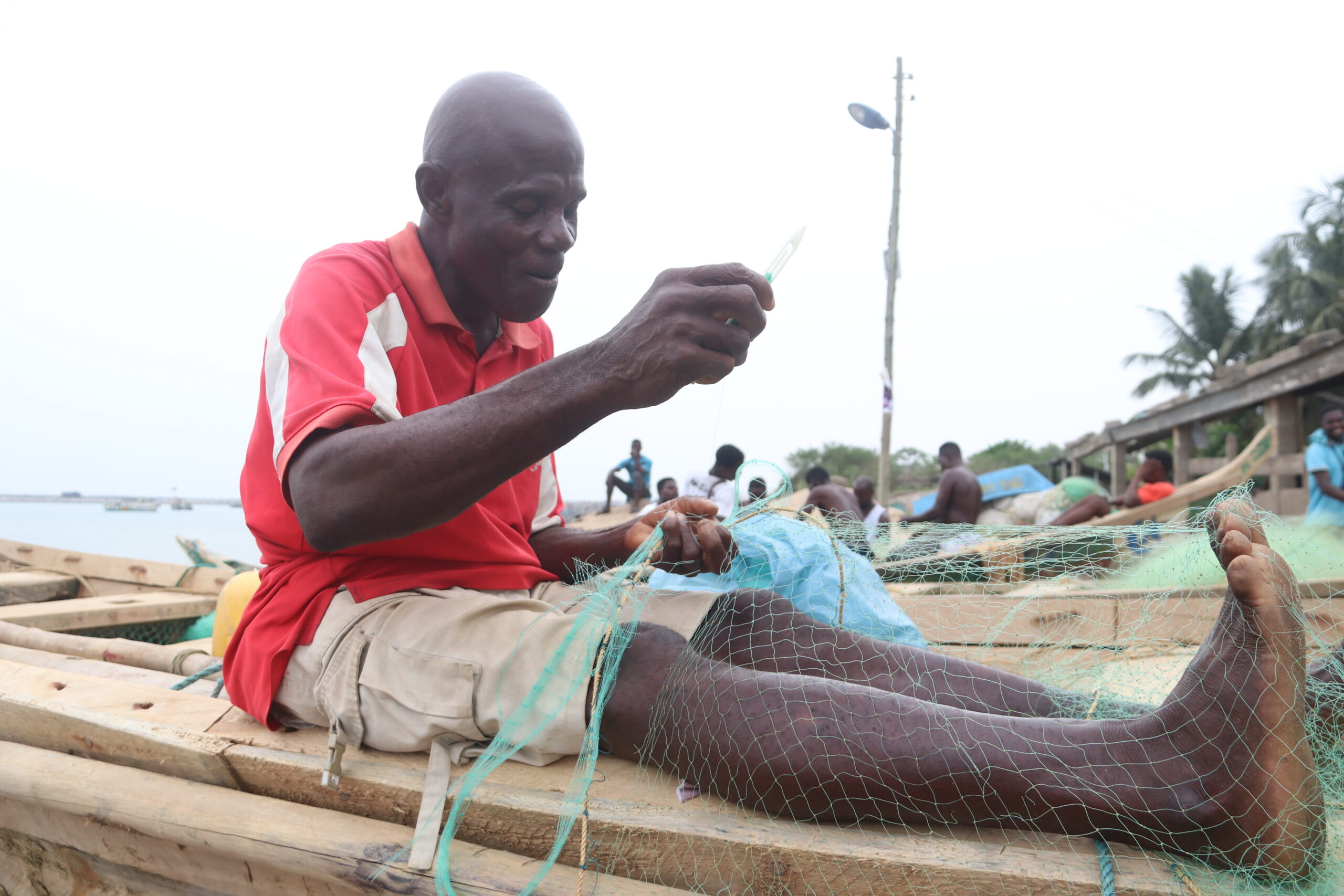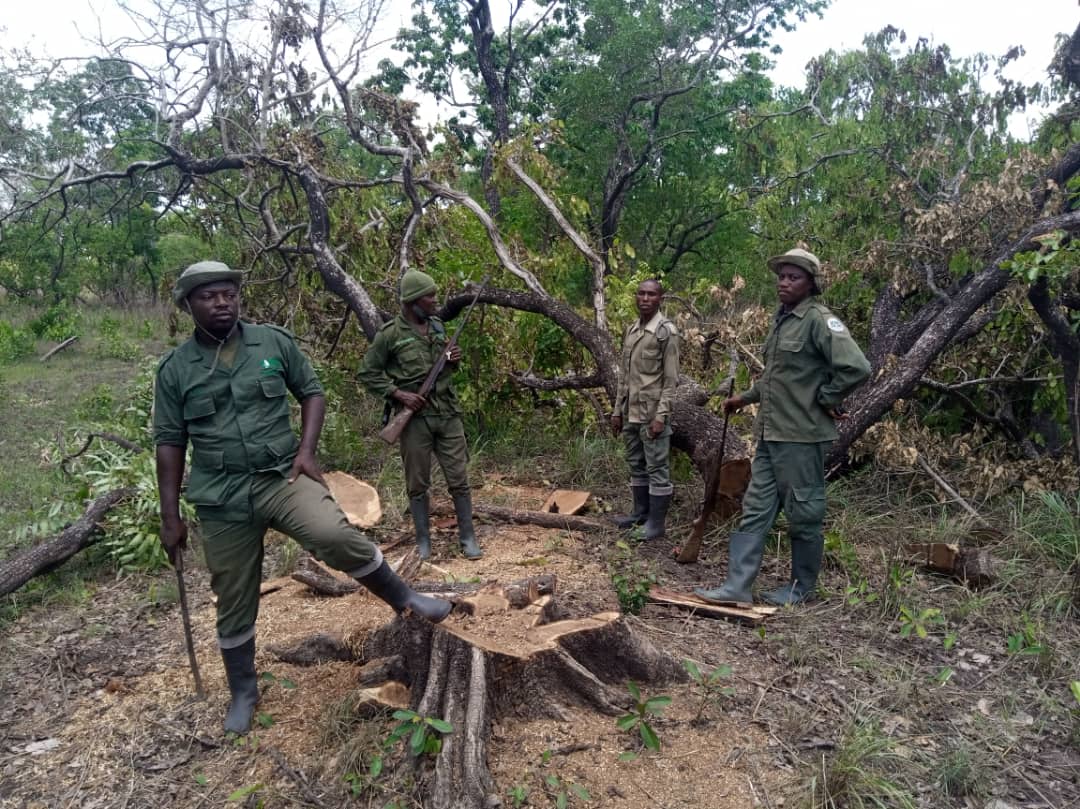The CCAG team, together with staff and students of CCTU, participated in a tree planting exercise on World Environment Day…
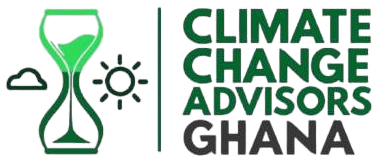
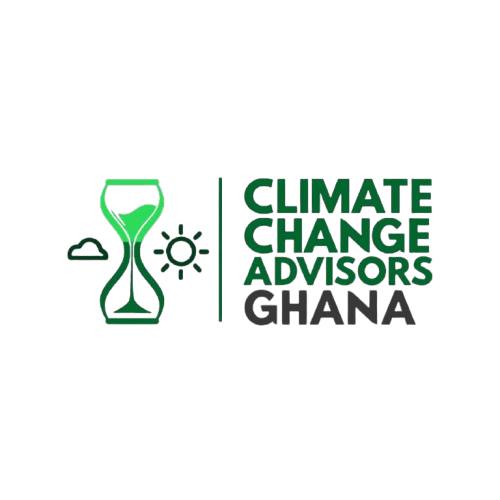

About us
Climate Change Advisors Ghana (CCAG) is a not-for-profit organization that delivers advocacy, research, policy analysis, and capacity development in climate change mitigation and adaptation, renewable energy, climate-smart agriculture, and environmental sustainability. Climate change continues to increase the rate of extreme weather conditions, disrupts ecosystems, and cause sea levels to rise.
CCAG believes that the earth deserves a voice that advocates for a green and peaceful future. Our approach to climate change and environmental sustainability is to proliferate a deeper understanding of the earth and the environment to inform political, social, and economic decision-making – an essential facet to achieving a long-term sustainable world.
Promoting Sustainable Practices That Safeguard The Earth For Future Generations.
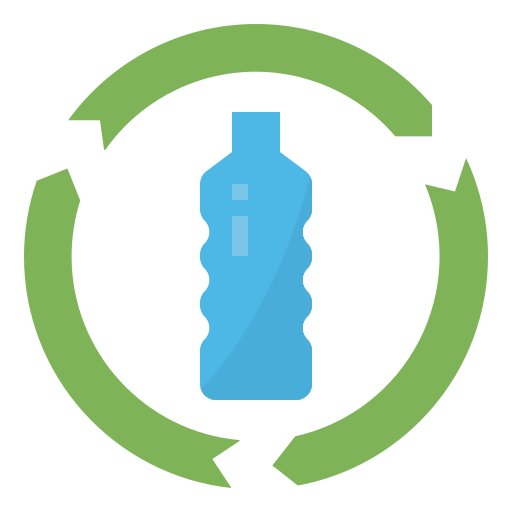
Zero Plastic Waste
We work toward a plastic-free future through community waste management & recycling initiatives, industry partnerships, and public awareness.
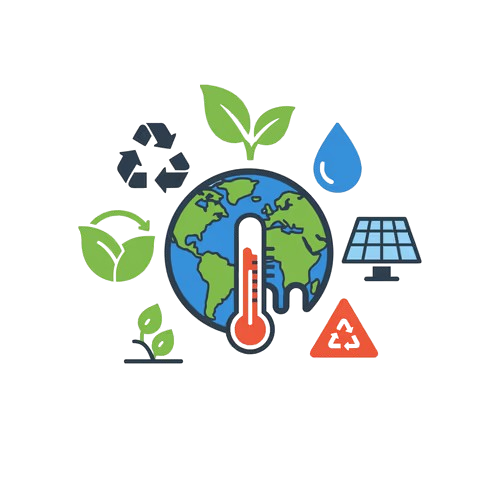
Climate Change Adaptation & Mitigation
We support vulnerable communities adapt to climate change by delivering climate-smart agriculture, sustainable infrastructure, and renewable energy solutions.
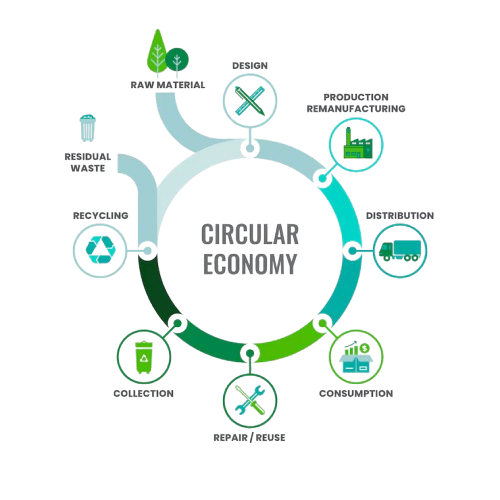
Circular Economy Solutions
We help businesses and communities adopt circular economy practices that reduce waste, conserve resources, and support a low-carbon future.
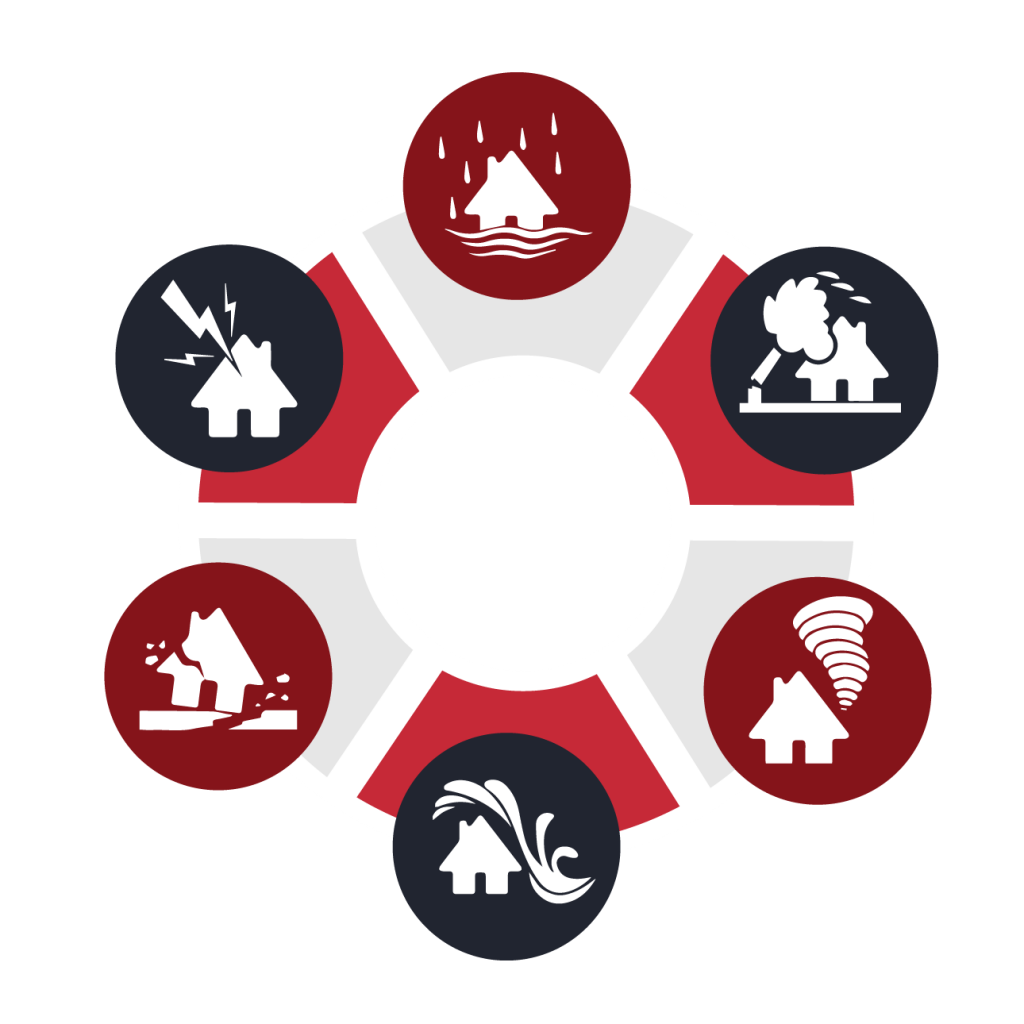
Disaster Risk Reduction (DRR)
We help communities prepare for, respond to, and recover from climate-related disasters by building resilience and reducing risk.
500+
Farmers Engaged
Through climate-smart agriculture training, compost application, and sustainable land management practices
15+
Workshops And Training Sessions Conducted
On Climate Change, Zero Plastic Waste, Circular Economy, Galamsey(Illegal Mining) Disaster Risk Reduction, And Environmental Stewardship
20+
Communities Reached
Through environmental education, waste management initiatives, and resilience-building activities
500+
Native Trees Planted
To Restore Degraded Land, Enhance Biodiversity, And Strengthen Climate Resilience
5,000+
Students Engaged
Through school outreach programs, climate education sessions, Eco-Clubs and youth-led environmental actions
50+
Tonnes Of Plastics Collected
Reducing Pollution In Communities, Empowering Youth And Schools To Manage Waste Responsibly, And Supporting A Circular Economy
300+
Waste Bins (Receptacles) Donated
To Schools And Community Spaces To Improve Sanitation And Reduce Plastic Pollution
Climate Change Advisors Ghana (CCAG)
Beyond the numbers, our programs have inspired communities to take charge of their environment. Schools run recycling clubs, farmers adopt climate-smart practices, and youth lead local clean-up initiatives. Every workshop, tree planted, and bin donated contributes to lasting change, building a culture of environmental responsibility across Ghana.”
CCAG Launches Coastal Cleanup Drive in Torkor to Combat Plastic
On Easter Monday, April 21, 2025, the quiet beach community of Torkor in Ghana’s Volta Region came alive as Climate…
Climate Change Advisors Ghana Donates Plastic Bins to Cape Coast
To combat the growing plastic waste crisis in Ghana, Climate Change Advisors Ghana (CCAG), a not-for-profit organization that delivers advocacy,…
Climate Change Advisors Ghana’s Indigenous Knowledge Project Transforms Agriculture and
In an effort to tackle the adverse impacts of climate change, Climate Change Advisors Ghana (CCAG), a not-for-profit organization, is…
Climate Change Advisors Ghana Partners with UCC, CCTU in “Zero
As part of efforts to promote environmental sustainability and reduce plastic pollution in Ghana, Climate Change Advisors Ghana (CCAG) has…
Revolutionizing Recycling: Climate Change Advisors Ghana (CCAG) donates plastic collection
Climate Change Advisors Ghana (CCAG) has made a groundbreaking donation of intricately designed, locally crafted wire mesh recycling bins to…
























